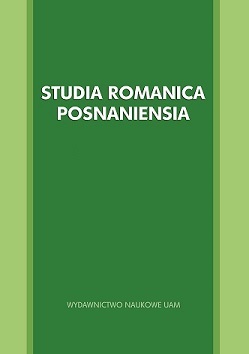Entre o Império do Mali e o «Islão marítimo». O impacto dos legados e das literacias islâmicas na África portuguesa
Between the empire of Mali and the “maritime Islam”. The impact of Islamic legacies and literacies
in Portuguese Africa
Author(s): Ewa A. ŁukaszykSubject(s): Historical Linguistics, Sociolinguistics, Culture and social structure , History of Islam
Published by: Uniwersytet Adama Mickiewicza
Keywords: Sub-Saharan Africa; Islamicization; Portuguese colonial empire; Fulani; Sufism;
Summary/Abstract: The article presents the impact of the Islamicate populations and literacies in Portuguese colonial litera- ture and scholarship. The main ethnic group that focused the attention of the colonisers were the aggres- sive, dominant Fulani portrayed in the novels of Fausto Duarte, Auá and A Revolta. Their usages and traditions were studied by the first Portuguese ethnographers and ethnohistorians with almost satisfactory results. On the other hand, Islam in the oriental part of the Portuguese colonial empire (Mozambique) was much less understood. The Portuguese paid greater attention to the aggressive, jihadist movements in West Africa than to the relatively less conspicuous Sufi movements that developed in the port cities and islands along the East African coast. Overall, the process of Islamicization of the territories controlled by the Portuguese went on unhindered or even accelerated during the colonial period.
Journal: Studia Romanica Posnaniensia
- Issue Year: 50/2023
- Issue No: 2
- Page Range: 61-72
- Page Count: 12
- Language: Portuguese

